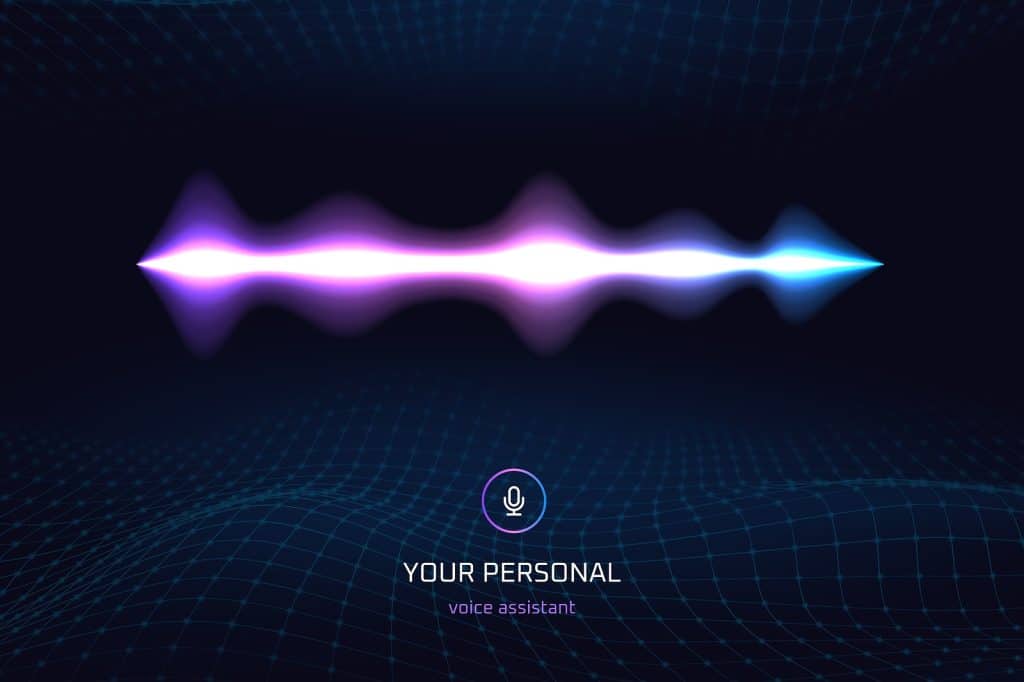In a world where artificial intelligence is rapidly reshaping how we live and communicate, AI voice scams have emerged as a dangerous and increasingly sophisticated form of fraud. These scams use synthetic voices—often cloned from people we know or trust—to deceive victims into revealing personal or financial information.
Imagine answering a call from someone who sounds exactly like your spouse or boss, only to realize it was an artificial voice designed to trick you. That’s not science fiction. That’s happening right now.
This guide will help you understand how AI voice scams work, how to recognize the warning signs, and—most importantly—how to avoid AI voice scams before they can harm you or your loved ones.
Table of Contents
What Is an AI Voice Scam?
AI voice scams, or voice phishing or vishing, are fraudulent calls generated using artificial intelligence to impersonate real people. Scammers use these cloned voices to manipulate victims—often pretending to be a distressed family member, a bank employee, or law enforcement.
The technology behind these scams uses deep learning algorithms that can clone a person’s voice with just a few seconds of audio. According to a report by McAfee, over 77% of people surveyed couldn’t distinguish a fake voice from a real one.
How AI Voice Scams Work
Scammers typically gather audio of a target from public sources—like YouTube, podcasts, or even voicemail greetings—and feed it into AI voice-cloning tools. These tools reproduce speech patterns, tone, and emotion, making the result eerily convincing.
Here’s a typical scam scenario:
- A victim receives a call from a voice that sounds like a loved one.
- The caller claims to be in urgent trouble—like being arrested or in a hospital—and needs money sent immediately.
- Because the voice sounds familiar and urgent, the victim complies without verifying the situation.
This technique taps into social engineering—exploiting human trust rather than technical vulnerabilities. It’s powerful, persuasive, and potentially devastating. And the number of victims is continuing to grow at an alarming rate.
Real-World Examples of AI Voice Scams
AI-generated voice fraud is no longer hypothetical. In one widely reported case, criminals used AI voice cloning to impersonate the CEO of a UK-based energy firm and convinced an employee to transfer €220,000 to a fraudulent account.
The Wall Street Journal covered this event as one of the earliest corporate examples of AI voice scam technology in action.
In another incident, The Washington Post reported on scammers cloning a teenager’s voice to demand ransom from her parents in a fake kidnapping hoax. These chilling stories highlight why knowing how to avoid AI voice scams is crucial before you receive one of these calls.

Warning Signs of an AI Voice Scam
Being alert to red flags can help prevent you from becoming a victim. Here are common signs that a call may be part of a voice scam:
- Unusual urgency: Scammers often create fake emergencies to prompt impulsive actions.
- Requests for sensitive information: No legitimate caller should ask for your Social Security number, credit carddetails, or bank logins over the phone.
- Poor grammar or pronunciation: AI voices can sometimes mispronounce words or use awkward phrasing due to language model limitations.
- Background noise that feels “off”: Synthetic calls may lack realistic environmental sounds or use repetitive noise loops.
- Caller ID spoofing: The number may appear from a trusted source, but is manipulated using spoofing software.
If something feels off, it probably is. Now is the time to verify your instincts before you act. The first thing to do is hang up and get in touch with the person whose voice they use. If you can’t reach them, contact the people closest to them to ensure their location and safety.
Expert Tips On How to Avoid AI Voice Scams
✅ 1. Verify Unexpected Calls
If you receive a suspicious call, hang up and call the person back using a known number. Don’t rely on caller ID—it can be spoofed.
✅ 2. Use a Code Word
Create a family-specific safe word or question that only you and your loved ones know. If you receive an urgent call, ask for the code to confirm identity.
✅ 3. Be Skeptical of Urgent Demands
Pressure tactics are a major red flag. Never send money or personal information without verifying the request, especially if the caller is emotional or distressed.
✅ 4. Report and Alert Others
If you suspect a scam, report it to the Federal Trade Commission (FTC) via ReportFraud.ftc.gov and immediately inform your bank or service provider.
✅ 5. Enable Multi-Factor Authentication (MFA)
MFA adds a second layer of protection to your online accounts. Even if scammers obtain your passwords through voice scams, MFA can stop them from logging in.
✅ 6. Use Call-Blocking Apps
Apps like Hiya, RoboKiller, and Nomorobo can reduce spam and robocalls by filtering known scam numbers.
✅ 7. Keep Up With Cybersecurity News
Visit trusted sources like Krebs on Security or CISA.gov to stay informed about the latest scam tactics and protective tools.

How Businesses and Families Can Stay Safe
- For families: Establish open communication and talk regularly about scam prevention—especially with elderly relatives, who are prime targets. Be certain to have well-rehearsed questions and code word answers known only to family members.
- For businesses: Train employees to recognize social engineering tactics and implement policies requiring written and verbal verification for financial transactions. Most business bank accounts offer many safety precautions and alert notifications that can be preset to alert you to any unusual activity.
AI voice scams are a chilling reminder of how fast technology can be turned against us. But awareness is power. By recognizing the signs, asking the right questions, and using the tools available to protect yourself, you can avoid AI voice scams and help others do the same.
Technology will keep advancing—but so can your ability to outsmart scammers.
Sources:
- McAfee – AI Voice Cloning Scams
- Wall Street Journal – AI Voice Fraud Case
- Washington Post – Deepfake Voice Ransom
- FTC – Report Fraud
- CISA – Cyber Threats & Scams
- Krebs on Security
- Hiya, RoboKiller, Nomorobo
Read more – Farmers Market Lies Exposed: Vendors Lying About Their Produce


